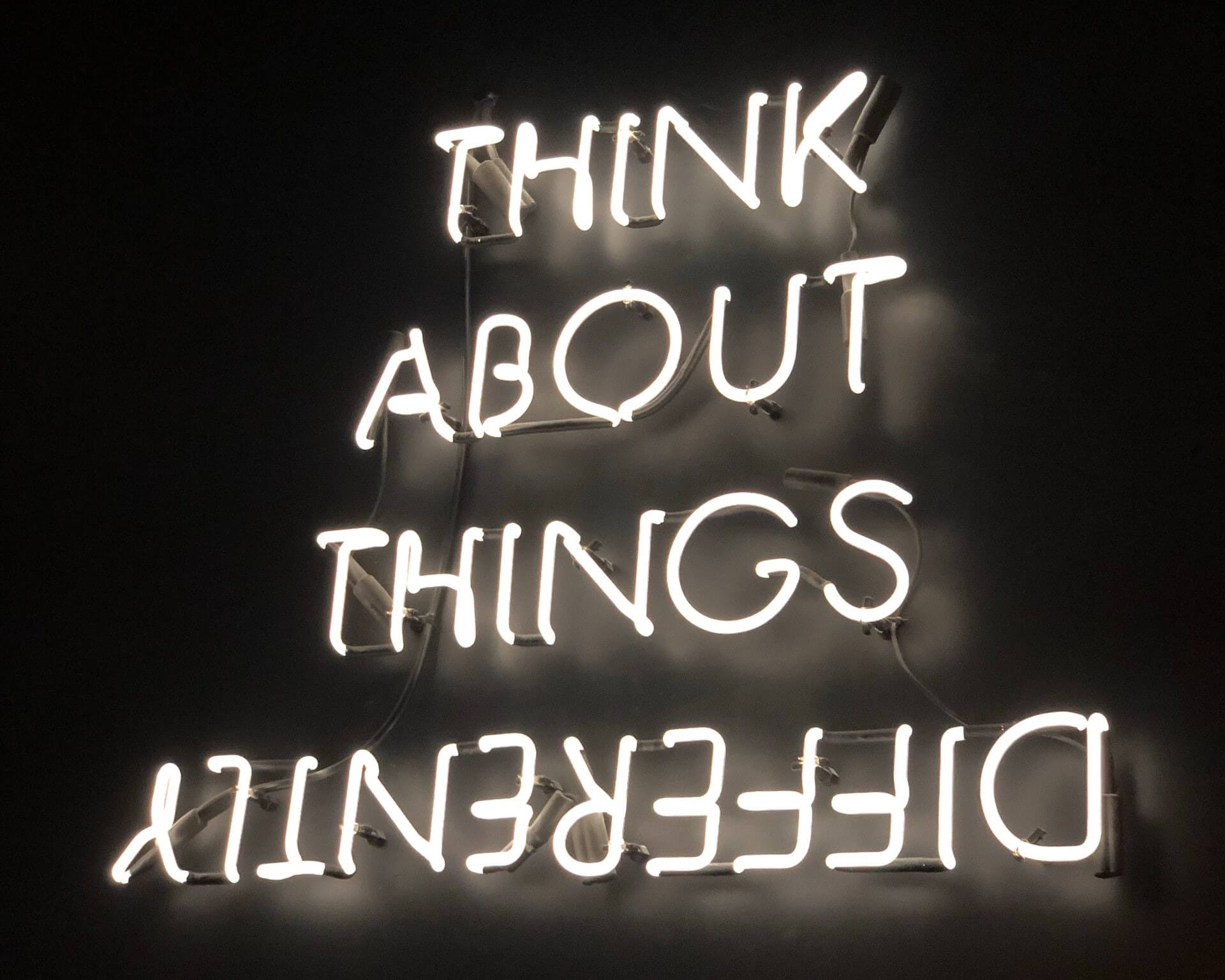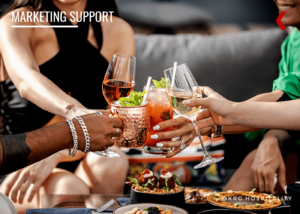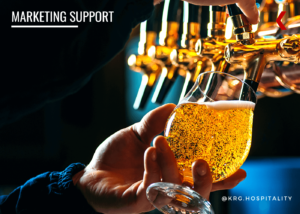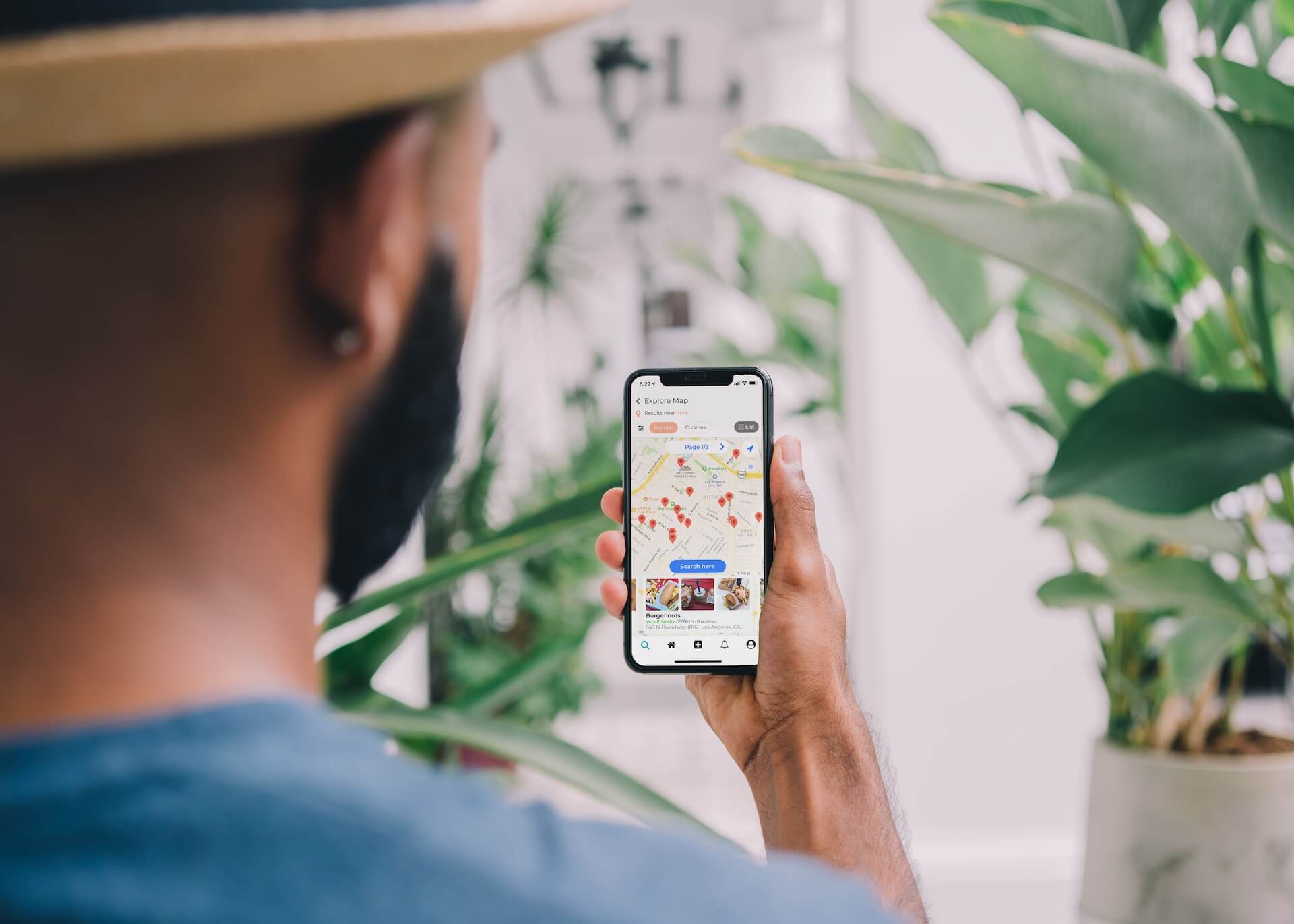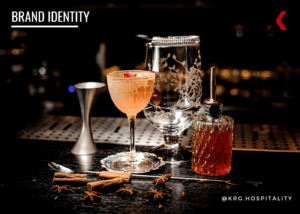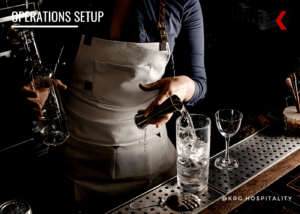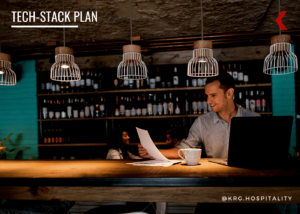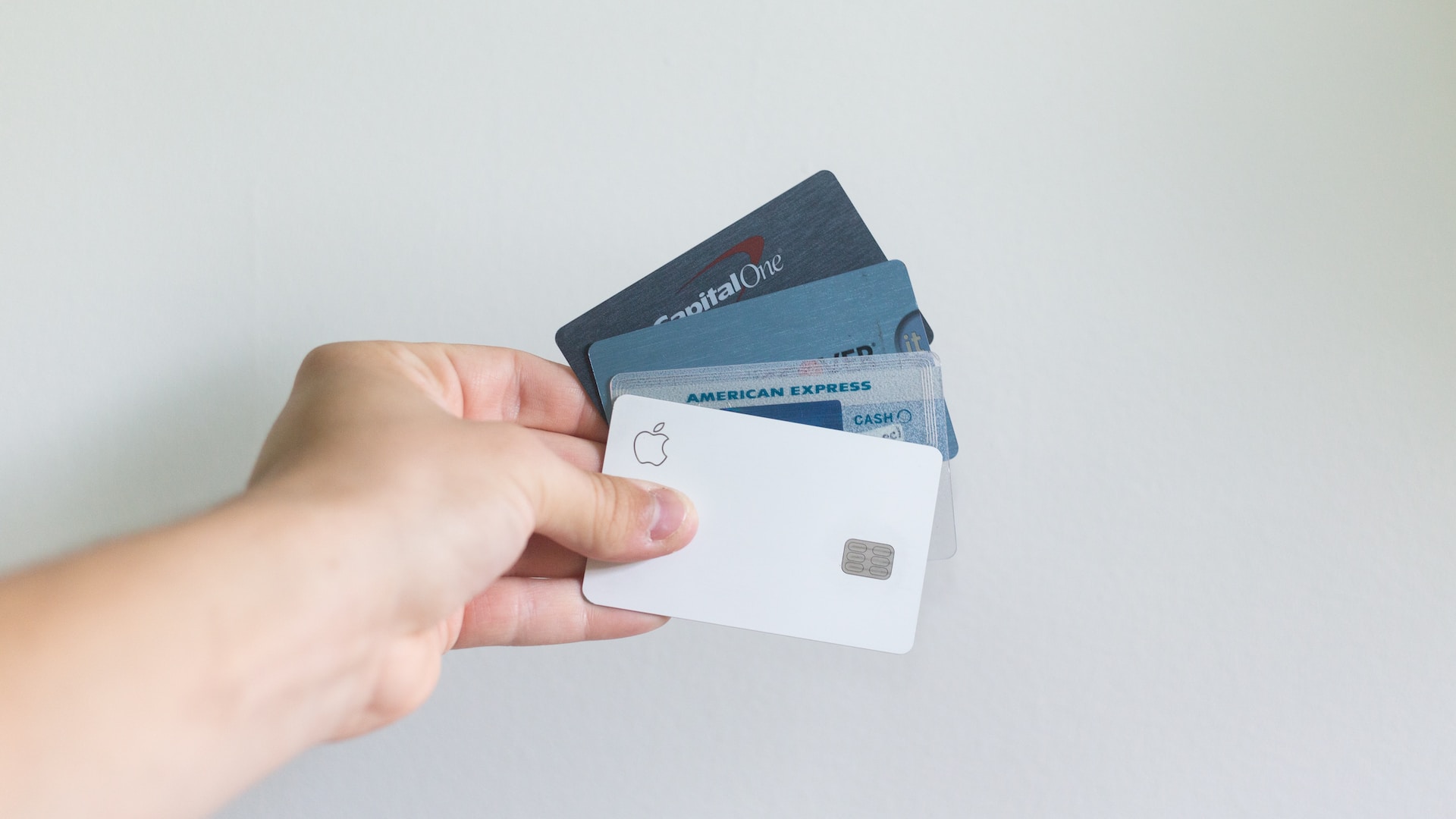How Much Does It Cost to Open a Bar or Restaurant?
by Doug Radkey

One of the most common questions we get asked at KRG Hospitality is, “How much does it cost to start a bar, restaurant, coffee shop, or nightclub?”
It’s a loaded but valid question, one that every aspiring hospitality operator should ask before diving into this industry.
But here’s the thing: there’s no single answer. Your start-up costs will depend on a variety of factors, such as location, size, market, and whether you’re taking over a second-generation space (a previous hospitality space) or building from scratch.
However, we can provide general cost-per-square-foot estimates based on 15 years of experience with over 280 concepts developed around the world. This takes into account 45 datapoints, which we have listed further down in this article.
Square Footage Costs in 2025
What’s the general cost per square foot for each category in 2025? Let’s have a look.
To open a coffee shop, the cost is approximately $428 per square foot. That means if you’re planning a 1,200-square-foot coffee shop that provides beverages and some baked goods, your estimated total start-up cost would be, on average, $513,600 USD.
Starting a quick-serve restaurant (QSR) comes with an approximate cost of $535 per square foot. If you’re planning an 1,800-square-foot restaurant with counter service and a small dining area, your estimated total start-up cost would be, on average, $963,000 USD.
For a bar with a kitchen, assume an approximate cost of $545 per square foot. So, if you’re planning a 2,400-square-foot bar with a kitchen for a solid food program to go along with your beverages, figure on a total start-up cost of around $1.3 million USD.
To open a full-service restaurant (FSR), the cost is similar to a bar with a kitchen, coming in at approximately $555 per square foot. This will increase based on the level of finishes. That means if you’re planning a 4,000-square-foot restaurant, your estimated total start-up cost would be approximately $2.22 million USD.
The cost is approximately $480 per square foot to open a nightclub. Interestingly, this square-footage cost is less than most bars and restaurants. This is due to the larger open floor zones. If you’re planning a 12,000-square-foot nightclub, your estimated total start-up cost would be approximately $5.76 million USD, which will be allocated msotly to the bar, plus sound, video, lighting, and furnishing.
Realistic Expectations
Do the above costs sounds like a lot capital for each type of concept? It should, because it is.
Based on our in-house data, costs have increased between 40 and 60 percent since 2020. That’s a main driver for today’s operators seeking out smaller locations (and second-generation properties to leverage pre-existing infrastructure).
The key to not over (or under) spending, however, is strategic clarity.
Why Strategic Clarity Matters
Before you even think about signing a lease, you need to have a clear and calculated approach.
That means having the eight non-negotiable playbooks completed to ensure every decision aligns with your brand, budget, and long-term strategy.
You must complete a feasibility study, conceptual playbook, prototype playbook, brand strategy playbook, tech-stack playbook, marketing playbook, financial playbook, and business plan before you ever sign a lease or purchase a property.
One of the most critical playbooks? Your financial playbook. This isn’t just about revenue projections—it must include a comprehensive start-up cost analysis to prevent budgetary blind spots and financial surprises.
Below, a breakdown of what your start-up costs should include.
Pre-Opening Costs
(Ensuring legal, operational, and strategic groundwork is in place before opening day.)
- Pre-Open Lease and Landlord Deposit Payments: Covers the rent requirements before opening, typically three to six months in advance, pending build-out requirements.
- Pre-Open Utility Deposits: Initial security deposits for water, electricity, and gas.
- First Month’s Lease: Your first month’s rent due the month you open officially.
- Architect/Engineer/Design Fees: Costs associated with drafting MEP plans, structural assessments, and an interior designer.
- Business Insurance Premiums: Coverage for build-out, liability, alcohol, property damage, and operational risks.
- Start-Up Legal & Accounting: Initial legal setup, contract reviews, tax structuring, and financial consulting.
- Strategic Planning: Consulting or internal resources used for feasibility studies and other strategy playbooks (the non-negotiables).
- Consultants & Agencies: Fees for post-planning coaching and consulting, project management, menu development, and more.
- Licenses & Permits: Alcohol licenses, building permits, and other business registrations.
Equipment, Fixtures & Technology
(Ensuring operational efficiency, and a seamless guest experience.)
- Kitchen, Bar, Sound, Video & Game Systems: Budget for all of your bar, kitchen, service, audio-visual setups, and entertainment elements.
- Interior & Exterior Signage: Branding, promotional, and wayfinding signage.
- Furniture Fixtures: Chairs, tables, table bases, booths, and lounge seating.
- FOH Smallwares: Cutlery, plating, glassware, trays, and other serving tools.
- Branded Takeout Packaging: Custom-printed cups, bags, and other containers.
- POS Technology & Install: Point-of-sale systems, tablets, and registers.
- Additional Tech-Stack: All of your technology integrations (hardware and/or subscriptions) for reservation systems, inventory management, mobile ordering, and more.
Pre-Opening Inventory & Staffing
(Preparing your team, and supplies for a smooth opening.)
- Training F&B Inventory: Food and beverage items used for staff training before opening.
- Opening F&B Inventory: Initial stock of ingredients, prepared foods, wine, spirits, and other beverages.
- Initial Staffing & Training: Hiring costs, onboarding, and initial training programs, plus labor costs for the first four weeks of operations.
- Staff Uniforms: Branded attire for both front- and back-of-house teams.
Marketing & Launch Costs
(Attracting guests, and building brand awareness before and after launch.)
- Marketing Agency Fees: Branding, digital marketing, and advertising strategy and agency.
- Website/App Design: Custom website, online ordering, and mobile or loyalty apps.
- Online/Social Media Ads: Paid campaigns on Google, Facebook, Instagram, and TikTok.
- Soft Opening Strategies: Invite-only events to test operations and train staff.
- Launch Month Strategies: Pre- and grand opening promotions and public relation efforts.
- Other Marketing & Promo: Traditional advertising, influencer partnerships, and email marketing, plus other go-to-market strategies.
Build-Out & Infrastructure Costs
(Transforming the space into an operational hospitality venue.)
- Contractor & Admin Fees: Fees for project managers, general contractors, and any other administrative or permitting processes.
- Wall, Floor & Ceiling Structure: Installing new framing, drywall, flooring, and ceiling treatments.
- Doors & Trim: Interior and exterior doors, trims, and moldings.
- Glass & Glazing: Windows, glass partitions, and display cases.
- Wall/Drywall Finishing: Final painting, wallpapering, and/or paneling.
- Floor & Ceiling Finishing: Tiles, wood, epoxy flooring, ceiling tiles, and decorative finishes.
- Counters & Millwork: Custom bars, countertops, display units, and cabinetry.
- General Electrical: Wiring, panels, power outlets, and compliance updates.
- General Plumbing: Pipe installations, water supply, and drainage systems.
- Lighting Fixtures: Decorative, ambient, and functional lighting fixtures.
- Plumbing Fixtures: Staff and guest restroom utilities.
- Fire Protection Systems: Sprinklers, fire alarms, extinguishers, and emergency exit compliance.
- HVAC Systems: Heating, ventilation, and air conditioning units.
- Kitchen Hood Systems: Commercial exhaust and ventilation systems for kitchens.
- Other Design & Install Costs: Additional decorative, acoustic, or functional installations.
Emergency & Miscellaneous Costs
(Budgeting for unexpected expenses and securing cash flow.)
- Miscellaneous & Contingency Budget: Extra funds for unforeseen costs and emergencies during pre-open stage.
- Pre-Open Interest Payments: Loan interest accrued before opening.
- Opening Day Cash Flow: Initial capital to handle early operational expenses, and buffer against slow openings (plan for approximately three to six months).
Why You Need a Detailed Cost Guide
If you’re serious about starting a bar, restaurant, coffee shop, or nightclub, having accurate financial projections is non-negotiable.
But the truth is, most operators underestimate their start-up costs. This leads to broken trust with investors, unexpected expenses, and businesses failing before they even get off the ground.
That’s why every year, KRG Hospitality provides detailed cost guides tailored to different hospitality business models, including:
✔ Coffee shops
✔ QSRs
✔ Bars
✔ Full-service restaurants
✔ Nightclubs
Our guides break down real-world cost structures so you can build your financial plan with confidence. No guessing, no underestimating, no surprises.
If you want full visibility into your start-up budget, grab our latest start-up cost guide today, and make decisions with absolute clarity.
This cost guide provides all of the details (budget percentages) for each of the 45 data points for each style of concept, plus additional planning tools.
Access our 2025 Bar & Restaurant Start-Up Cost Guide for just $14.99 USD
Image: Canva

Looking to Start, Stabilize, or Scale? Book Below to Setup a 60-Minute Result-Driven Impact Session.





